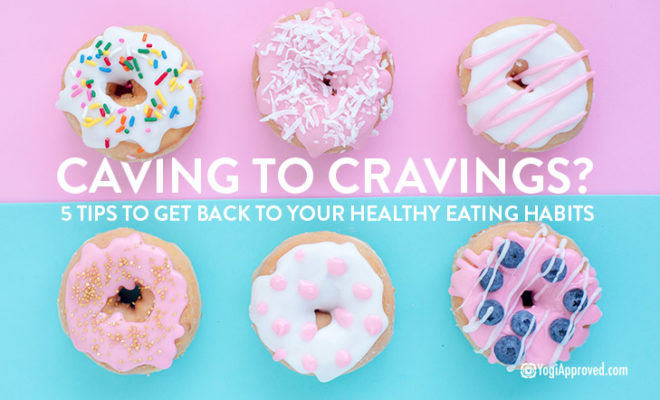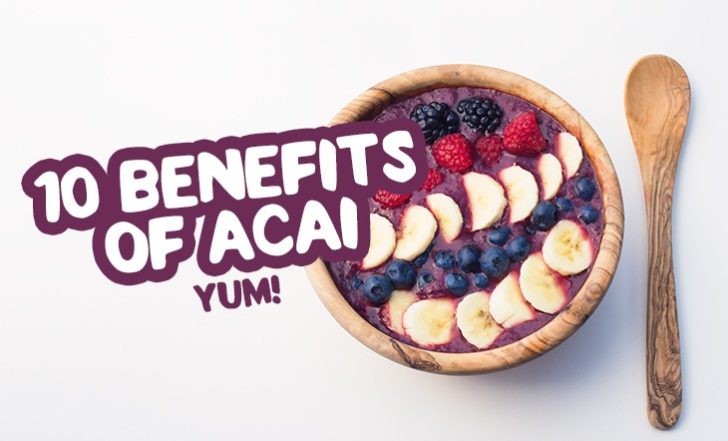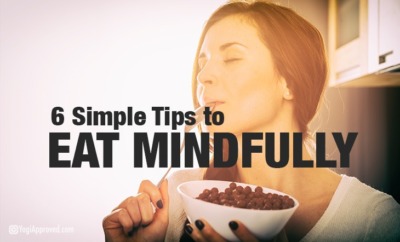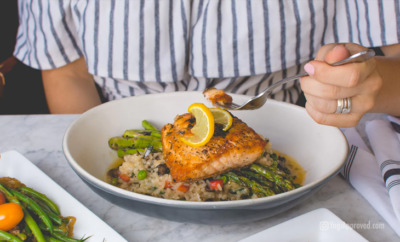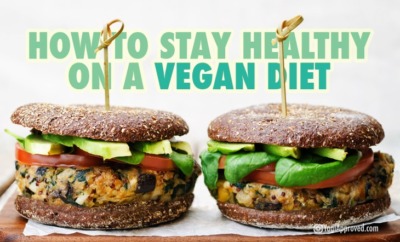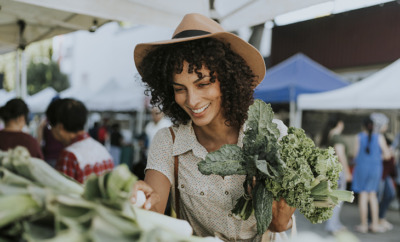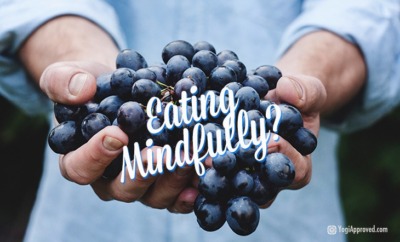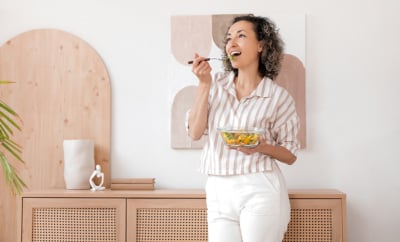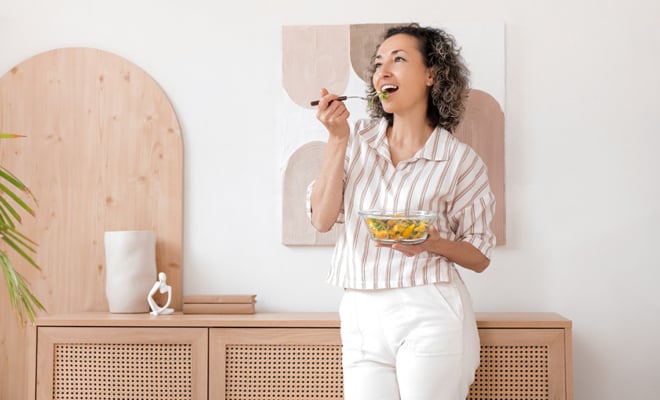How to Have a Healthier Relationship with Food

Food is a wonderful thing. Think about it. There are all these plants producing edible delights – some sweet, some salty, some bitter, some sour.
Fruits, vegetables, grains, legumes, nuts, seeds – an abundance of fresh delights for your taste buds, and nourishment for your whole being.
And if you’re a meat or dairy eater, there are also all these animals sacrificing their lives to provide you with tasty, nourishing treats from their milk and flesh.
It truly is a treat to eat anything at all. From the shopping or the harvesting to the preparation to the cooking to the eating, and even to the digesting and eliminating, simply connecting more consciously with your food can be a way to enhance your enjoyment and satisfaction.
When the body is healthy and strong, it provides the optimal container for your soul and your spirit.
This mindful approach to eating leads to effortlessly making healthier choices, because what you eat and how you eat it is of the utmost importance to your well-being.
Food is foundational. We truly are what we eat. When the body is healthy and strong, it provides the optimal container for your soul and your spirit. Our bodies are temples, and what we put into them matters.
However, in my opinion, dietary advice can feel disempowering if it focuses too specifically on what foods to eat and what foods not to eat.
A better approach is to tune in to your own body wisdom to hear your desires, wants, and needs.
I want you to see food as an opportunity for self-love, self-pleasuring even. But first, fill yourself up with life, with non-food sources of nourishment, and then the actual food part will come easier . . .
Filling the Void
Do you ever find yourself eating to fill a void in an attempt to not feel so empty? Perhaps you’re aware that this is what you’re doing. Perhaps you’re not.
Emotional eating is no joke
I used to do this without thinking, and then I started doing it consciously. I didn’t necessarily stop turning to comfort food. But when I did turn to it, I did so with awareness. I jokingly referred to it as “conscious unconscious eating.”
But emotional eating is no joke. It’s a self-defeating, self-destructive act when done in excess. Notice I say when done in excess? That’s because, in order to be our healthiest and happiest, we must be self-compassionate and give ourselves permission to be the messy humans we are.
Happiness and a sense of fulfillment are primarily inside jobs.
Filling the void doesn’t have to involve food, sex, or another person. Instead, you can fill that sense of emptiness with Love and feel whole and complete. Yes, we need others, and we need food, but happiness and a sense of fulfillment are primarily inside jobs.
Befriending Food
Sometimes it’s hard to make changes to our diets because of an unhealthy relationship to food. Too often we view food as something that can make us fat, feel bloated or sick, or cause a breakout.
Deciding what to eat can feel so complex at times, and when wrapped up in body image and emotional issues, it can just seem like a mess or a chore – certainly not a delight. Certainly not a source of pleasure and something for which to be grateful.
But if you cultivate a new and healthy relationship with food, you will see results and improvements in your overall sense of well-being.
Here are 3 ways to cultivate a new, healthy relationship with food:
1. Awareness
Time to get honest about what’s really going on. Get out a notebook and write about your current relationship with food. Do you love it? Do you fear it? Do you enjoy it? Is it a chore? Is it “complicated”?
And what triggers unhealthy eating or habits? How do you feel after overeating or turning to comfort food? Do you beat yourself up when you overindulge? Do you deprive yourself of enjoying food?
Once you get clear on what the current landscape is, you can empower yourself by consciously making different choices.
2. Be intentional. Be permissive. Be grateful.
Now that you’ve explored how things are, and how things have been, set some intentions about how you’d like things to change – if at all.
How do you want food to make you feel? How do you want to feel about food? What do you want food to do for you?
When feeling triggered into just wanting to fill a void, what can you do now that you’re being mindful about it? What would energize you and make you feel good – both in terms of what you eat and in terms of non-food sources of nourishment (ie. yoga, painting, going for a walk, or calling up a friend)?
And most importantly, please give yourself permission to eat whatever and as much or as little as is in your best interest. Give yourself permission to enjoy anything and everything you eat. And be thankful for the nourishment – and pleasure – it’s providing.
3. Discover what’s truly best for you
Spend some time each day treating yourself as your most beloved lover. Look deeply into your own eyes when looking in the mirror. Smile at yourself. Give yourself a foot massage. Take yourself out on a date.
And before each meal, or when a craving comes on, close your eyes, take a breath, and ask your body what it really wants. Ask yourself what would truly light you up.
The Takeaway
Prioritize self-care and self-love, and you will see that as your relationship with yourself improves and deepens, an improvement in your food choices will naturally follow. You’ll feel more reverence and honor for your body, more care, as if feeding a child or making an offering to a goddess, and so it will be easier and more enjoyable to eat healthily.
This is an excerpt adapted from the book, The Multi-Orgasmic Diet by Rebecca Clio Gould.


This Month's Letter
From the Editor
Monthly motivation and food for
thought from our founder.

